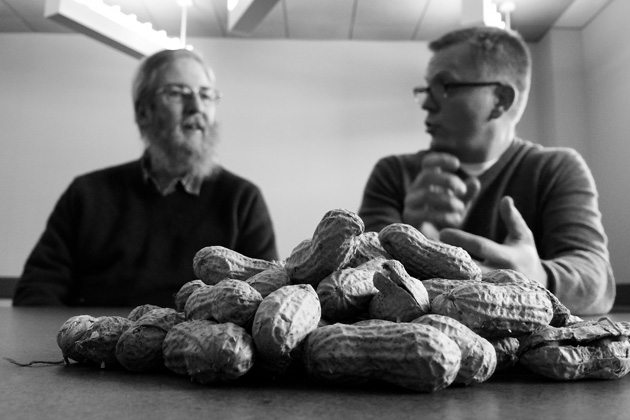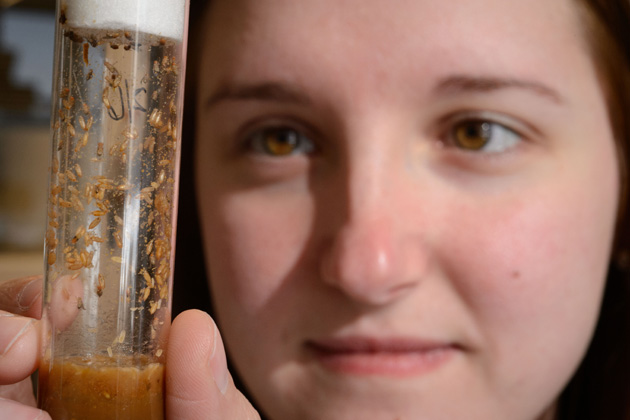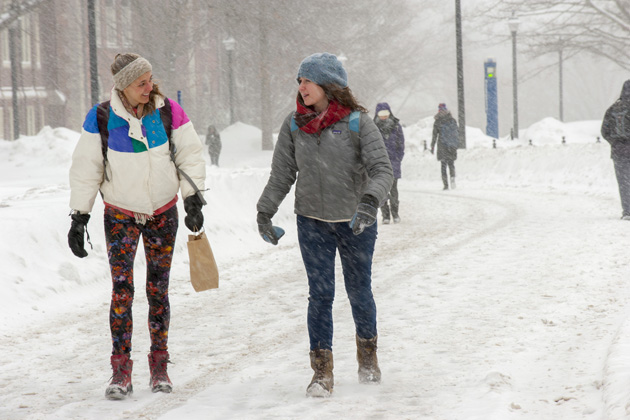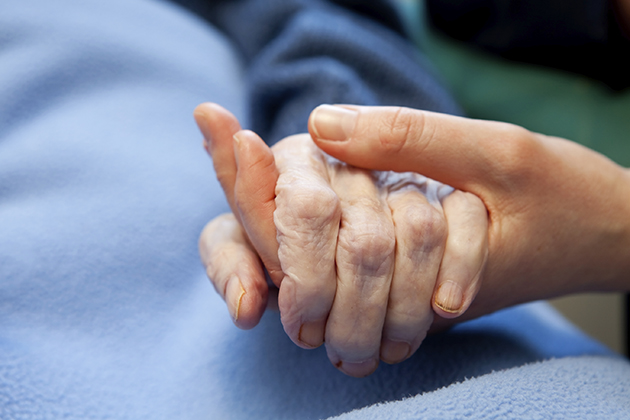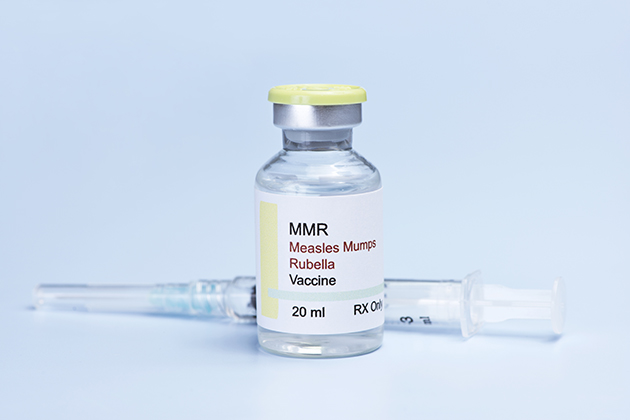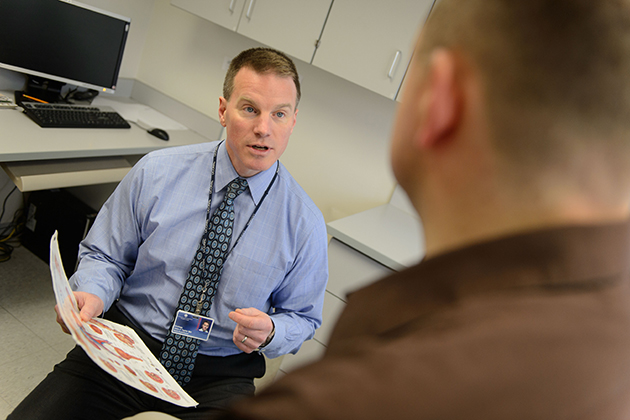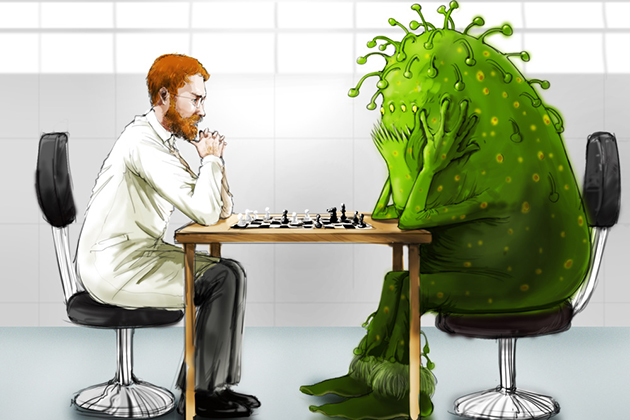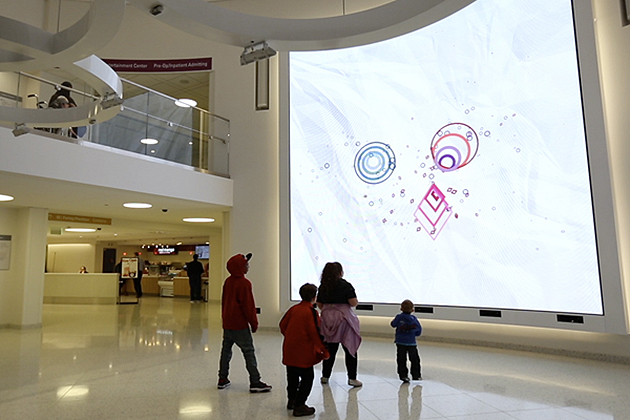UConn Health
Philanthropists to Receive Carole and Ray Neag Medal of Honor
UConn Health to salute Neag Medal honorees at White Coat Gala
February 27, 2015 | Jennifer Huber, UConn Foundation
New Peanut Allergy Test Goes Beyond Scratching the Surface
UConn chemists have developed a new test for peanut allergies that is capable of determining the potential intensity of a patient’s allergic reaction through just a few drops of blood.
February 26, 2015 | Colin Poitras
Abuzz Over Ovulation Similarities Between Two Very Different Species
UConn researchers say that during ovulation the same gene may govern both humans and flies, a finding that could lead to advances in treating human infertility, cancer metastasis and ovarian disease.
February 23, 2015 | Kim Krieger
The Impact of Social Media on Body Image
A UConn psychologist discusses the 'selfie' culture, and how to approach a friend or family member who may have an eating disorder.
February 23, 2015 | Carolyn Pennington
Avoiding Winter’s Hazards
Advice from the experts on successfully navigating the cold, snowy challenges of the winter of '15
February 19, 2015 | , and Chris DeFrancesco '94 (CLAS)
Never Too Early to Consider End-of-life Wishes
UConn Health’s Dr. Susan Levine explains the importance of discussing advance care planning with your family and physician.
February 18, 2015 | , and Chris DeFrancesco '94 (CLAS)
Measles and the Risks of Skipping Vaccines
Infectious diseases specialists at UConn Health say failure to keep current on recommended immunizations defies decades of medical knowledge.
February 10, 2015 | , and Chris DeFrancesco '94 (CLAS)
UConn Urologist Picked to Lead New Bladder Cancer Institute
A donor with no previous ties to the University sought out a UConn Health expert to drive the advancement of bladder cancer care and research.
February 6, 2015 | , and Chris DeFrancesco '94 (CLAS)
Getting Ahead of Antibiotic-resistant Bacteria
A UConn medicinal chemist has developed software with a colleague at Duke that could help make more resilient antibiotics.
February 5, 2015 | Colin Poitras
Hospital’s High-tech Wall Opens Doors to Imagination
UConn faculty and students designed an interactive wall for the Boston Children's Hospital lobby.
January 27, 2015 | Tim Miller

